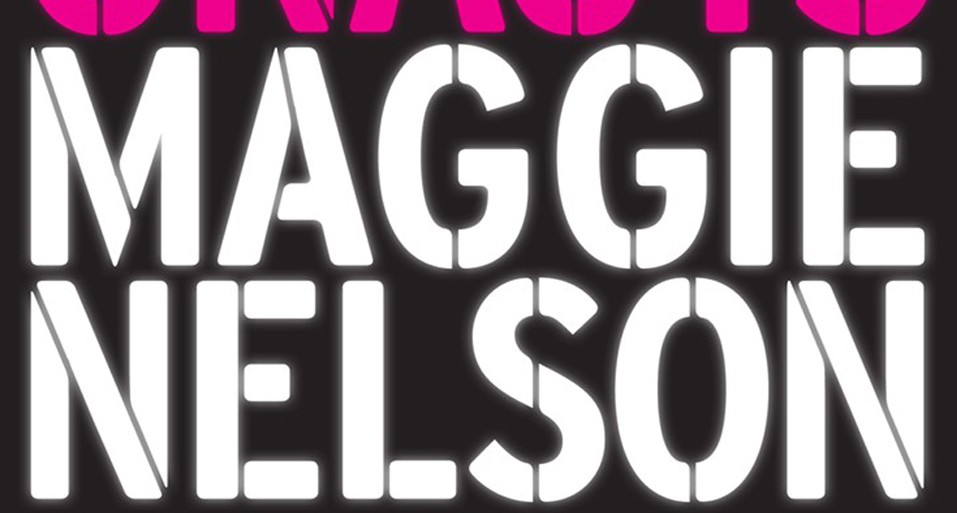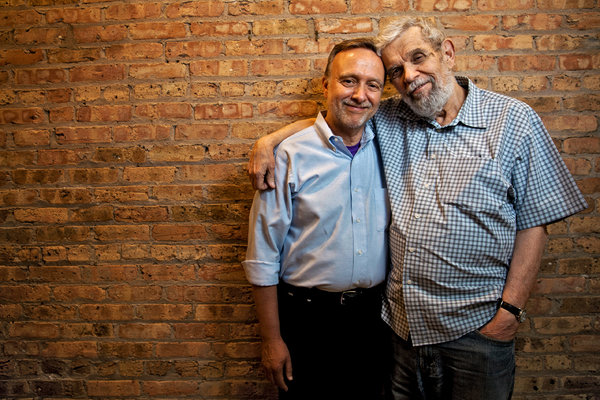
Kate Bornstein, famed for her breakout 1994 book, Gender Outlaw: On Men, Women, and the Rest of Us, has finally penned her compelling memoir: Queer and Pleasant Danger: The True Story of a Nice Jewish Boy Who Joins the Church of Scientology and Leaves Twelve Years Later to Become the Lovely Lady She Is Today.
Spending six years on its creation, Bornstein eloquently chronicles her struggles and triumphs in accepting her gender identity throughout this captivating piece. In one memorable scene, her mother has telephoned her to see how she is adjusting, Bornstein says, “I am a woman, Mom… and no one knows it but me” (177). Her deft writing ability captures the feelings of many transpeople. They know their true identities, but others fail to see them for who they truly are. She develops this theme throughout the book. Bornstein recalls feeling like she had to pretend to be a boy as a child, and later she had to pretend to be a man. In fact, she wore a beard for many years as a visual reminder to herself that she was a man.
Bornstein delves into many complex topics and bravely reveals many of the destructive coping mechanisms she used during her quest for self-identity, including cutting and overeating. She also shares that her search for fulfillment led her to join the Church of Scientology. Their belief that all souls are genderless “thetans” resonated with Bornstein, who remained an active member in the church for twelve years before she became disillusioned and left the organization. Upon her departure, they branded her a “suppressive person,” effectively shunning her from her family and friends, who were integral members of the Church. In large part, Bornstein writes this memoir in the hope that her estranged daughter may one day read it. She has not contacted her daughter directly because Jessica was born into the Church of Scientology, and Bornstein does not want to expose her to risk by being in contact with a “suppressive person.”
While in the Church of Scientology, Bornstein never received any therapy because the organization staunchly opposes psychotherapy of any kind. After leaving, she sought counseling, and she credits her lesbian therapist for helping her to cope with her emotional distress: Bornstein has been diagnosed with Post Traumatic Stress Disorder and Borderline Personality Disorder, and she reports engaging in anorexic behaviors and having suicidal ideation. She is also a cancer survivor. Overall, Bornstein’s frankness in discussing her various difficulties humanizes her and may offer hope to others who are struggling. By openly cataloging her experiences, Bornstein maintains her position as queer activist and icon. The gender therapists at Chicago based IntraSpectrum applaud the courage she demonstrated in sharing her life with readers.





 On Lesbian Visibility Day, we celebrate lesbians and show solidarity with all LGBTQ+ women and non binary people in our community. Lesbian visibility has evolved immensely over the last 2 decades, especially in the music industry. Representation and visibility has the potential to instill hope and provide affirmation of identities which were once vilified or erased from our culture. In a world that continues to be hostile to sexual and gender minorities, having awareness of safe and affirming lesbian and queer adults is paramount for maintaining hope of a life beyond the closet.
On Lesbian Visibility Day, we celebrate lesbians and show solidarity with all LGBTQ+ women and non binary people in our community. Lesbian visibility has evolved immensely over the last 2 decades, especially in the music industry. Representation and visibility has the potential to instill hope and provide affirmation of identities which were once vilified or erased from our culture. In a world that continues to be hostile to sexual and gender minorities, having awareness of safe and affirming lesbian and queer adults is paramount for maintaining hope of a life beyond the closet.